The Boys from Syracuse
The Boys from Syracuse
The Shuberts Theatrical Empire

Foster Hirsch

First Cooper Square Press edition 2000
This Cooper Square Press paperback edition of The Boys from Syracuse is an unabridged republication of the edition first published in Carbondale, Illinois, in 1998, with the addition of eighteen textual emendations. It is reprinted by arrangement with Southern Illinois University Press.
Copyright 1998 by Foster Hirsch
All rights reserved.
No part of this book may be reproduced in any form or by any electronic or mechanical means, including information storage and retrieval systems, without written permission from the publisher, except by a reviewer who may quote passages in a review.
Published by Cooper Square Press
An Imprint of the Rowman & Littlefield Publishing Group
150 Fifth Avenue, Suite 911
New York, New York 10011
Distributed by National Book Network
Library of Congress Cataloging-in-Publication Data
Hirsch, Foster.
The boys from Syracuse : the Shuberts theatrical empire / Foster Hirsch.1st Cooper Square Press ed.
p. cm.
Originally published: Carbondale, Ill. : Southern Illinois University Press, 1998.
Includes bibliographical references and index.
ISBN 0-8154-1103-0 (pbk. : alk. paper)
1. Shubert, Lee, 1873?1953. 2. Shubert, Sam S., 18751905. 3. Shubert, Jacob J., 1878?1963. 4. TheaterNew York (State)New YorkHistory20th century. 5. TheaterUnited StatesHistory20th century. 6. Theatrical producers and directorsUnited StatesBiography. 7. Shubert OrganizationHistory. 8. Shubert family. I. Title.
PN2285 .H56 2000
792.023209227471dc21
[B] 00-043093
 The paper used in this publication meets the minimum requirements of American National Standard for Information SciencesPermanence of Paper for Printed Library Materials, ANSI/NISO Z39.481992. Manufactured in the United States of America.
The paper used in this publication meets the minimum requirements of American National Standard for Information SciencesPermanence of Paper for Printed Library Materials, ANSI/NISO Z39.481992. Manufactured in the United States of America.
The Shuberts? They were hardly human.
Agnes de Mille, Choreographer
The Shuberts had their human side too, you know.
John Kenley, Producer
Contents

Illustrations

Following
.
Acknowledgments

I would like to thank the following people: the late George Abbott; Barbara Barondess; Kristofer Batho; the late Michael Bavar; the late Irving Caesar; Imogene Coca; Alexander Cohen; Don Costello; the late Agnes de Mille; Dorothy Derman; Alan Eisenberg; L. Marc Fields; Janet Cantor Gari; Max Gendel; Jeremy Gerard; Ruth Goetz; Viola Seff Goldberg; Ethel Lynne; Abraham Grossman; Jack Hagstrom; Charlotte Harmon; Lewis Harmon; Judy Haven; the late Helen Hayes; Murray Helwitz; Emily Hewlett; Lori Inman; the late Bernard B. Jacobs; Sol Jaccobson; Anne Jeffreys; Garson Kanin, Eileen Kelly; John Kenley; N. R. Kleinfield; Abner Klipstein; Joan Lavender; the late Lawrence Shubert Lawrence, Jr.; Lucille Lawrence; Kevin Lewis; Marjorie Light; Joe Masteroff; Valerie Mitchell; Hobe Morrison; Grafton Nunes; the late Bill OConnell; Ellen Orbach; Richard Osk; Annette Packer; William Packer; Harold Prince; Miriam Krengel Pulvers; Dorothy Tewlow Reissman; Anthony W. Robins; Gerald Schoenfeld; Dorothy Seegar; Henry Senker; the late John Shubert; Syd Silverman; Sandra Epstein; Judith Teichmann Steckler; the late Ezra Stone; Evelyn Teichmann; the late Howard Teichmann; Ned Wayburn, Jr.; Esther Weiser; Gerson Werner; Max Wilk; Alan Williams; Iva Withers; the five who spoke on condition of anonymity; Ruth Nathan, who persevered; Walt Bode, who edited; and Kathryn Koldehoff, who copy-edited.
I also thank The Billy Rose Theatre Collection, The New York Public Library for the Performing Arts at Lincoln Center; the libraries of Brooklyn College of the City University of New York, Columbia University, and New York University; The Onondaga Historical Society; and The Shubert Archive. I am deeply indebted to The State Historical Society of Wisconsin. They own the John Shubert/Howard Teichmann 19591960 tapes and the material within. Mr. Robert B. Thomasgard, Jr., acting director of the Society, and Mrs. Barbara Kaiser, former executive of the archives division, gave Mrs. Teichmann permission to use the twenty-five reels of tapes, and she allowed me to use the valuable interviews. At Southern Illinois University Press, I would like to thank Jim Simmons, Carol Burns, Kyle Lake, and Lisa Bayer.
The Boys from Syracuse

Prologue: The Last Shubert
John Shubert, the sole direct heir to the vast Shubert theatrical empire, began the last day of his lifeFriday, November 16, 1962exactly as he began every workday, arriving at his office on the sixth floor of the Sardi Building a few minutes before noon. After a smile for the receptionist, he went into his outer office, where two secretaries, Eileen Kelly and Sandra Epstein, had been sorting through his mail and taking calls from employees and producers who wanted appointments. Announcing that he was leaving town (a business trip to Florida), he asked Miss Epstein to cancel his appointments for Monday, Tuesday, and Wednesday and to have his car waiting for him in Shubert Alley within an hour. Before making their calls, the secretaries, who knew what going to Florida meant, winked at each other.
In his office, John took off his navy blue overcoat and black hat and hung them on a coat-tree in the corner of the fourteen- by fifteen-foot room that was his home away from home. Two walls were lined with glass-enclosed shelves that held leather-bound classics in expensive gold leaf, uncut and unread. A dust-encrusted window looked out onto the cement wall of the New York Times plant scarcely four feet away. From the large windows at the north end of the room, he could survey the north side of West Forty-fourth StreetShubert Alley, and the three Shubert theatres, the Majestic, the Broadhurst, and the Shubert, which were the architectural center of the American commercial theatre.
He sat down behind the imposing desk that had once belonged to his father, J. J. Shubert, and that John felt was still rightfully his fathers property. Though he was the de facto head of the business, John considered himself just an extension John, at 167 pounds, weighed a bit too much for his five-foot nine-inch frame, but his addiction to alcohol and to desserts defeated his intentions to go on a diet.
This Friday John was planning to spend no more than an hour at the office, as opposed to his usual seven or eight. He stayed just long enough to go over some pressing paperwork and to make two calls that were part of his daily ritual. The first was to his mother, Catherine Mary, who, though it was only early afternoon, was already in her cups; Catherine Mary drank sherry from the time she got up until she fell back onto her bed late at night. Despite her drinking, her nagging, her greed, and the horrendous childhood her catastrophic marriage to his father had caused him, John had remained a dutiful son. He told his mother he would be in Florida until Wednesday; and like his secretaries, Catherine Mary knew what that meant. John then telephoned his wife, Kerttu, nicknamed Eckie, who was also a heavy drinker, though like John she drank mostly at night. Hed be back by Wednesday, he reminded her; and like the others Eckie knew where John was going and why. He told her that, if she needed him, she could reach him through the company switchboard.
Next page


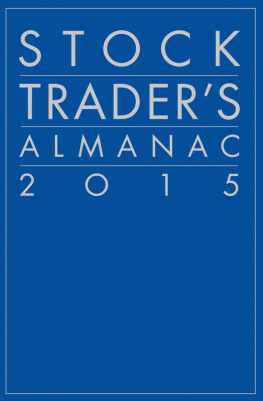
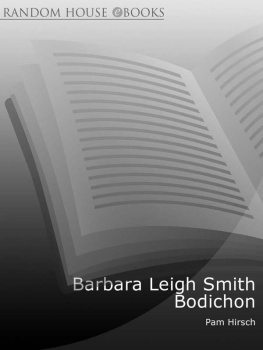
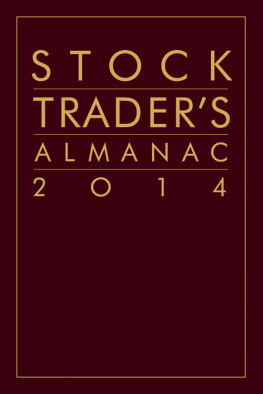


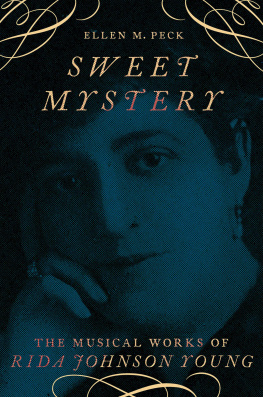
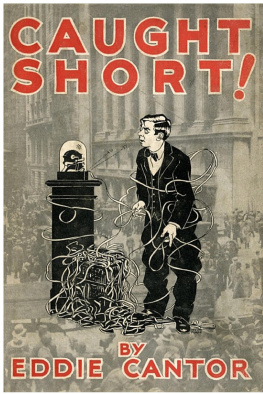

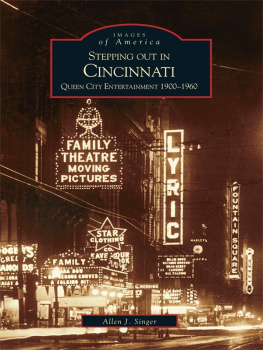
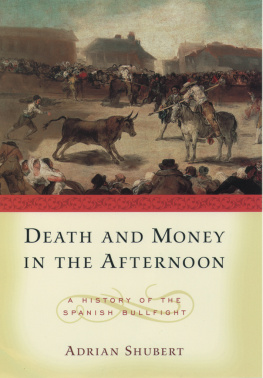




 The paper used in this publication meets the minimum requirements of American National Standard for Information SciencesPermanence of Paper for Printed Library Materials, ANSI/NISO Z39.481992. Manufactured in the United States of America.
The paper used in this publication meets the minimum requirements of American National Standard for Information SciencesPermanence of Paper for Printed Library Materials, ANSI/NISO Z39.481992. Manufactured in the United States of America.